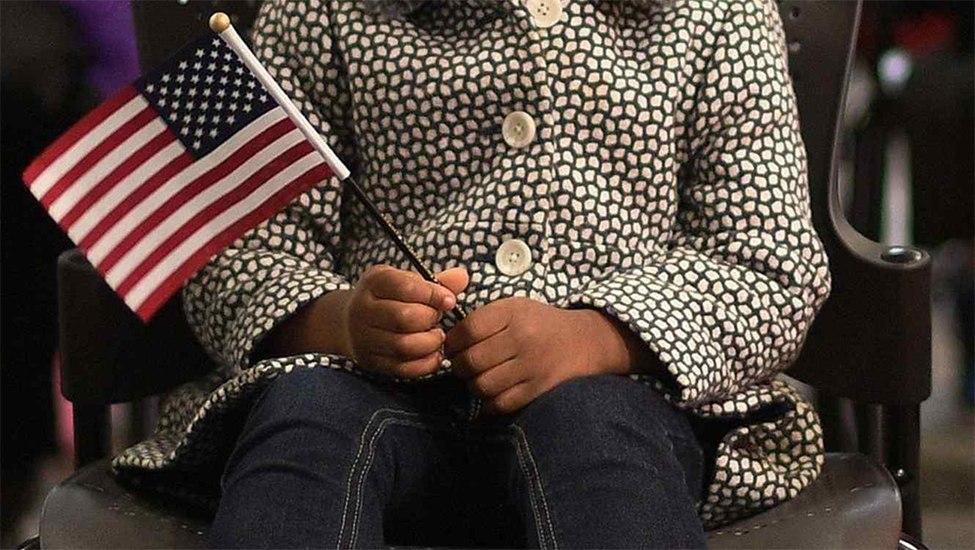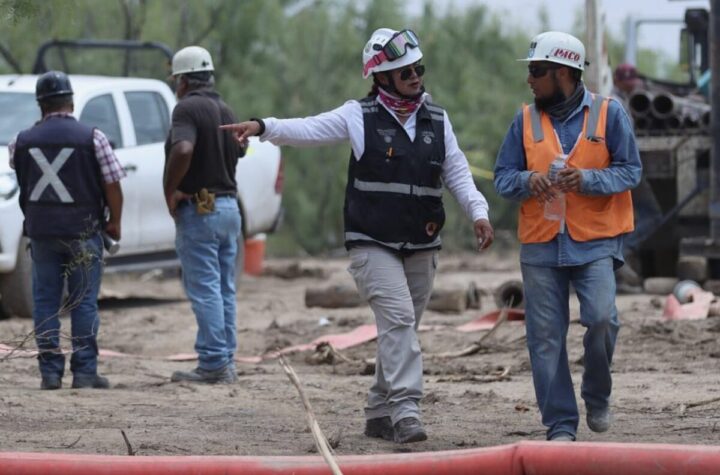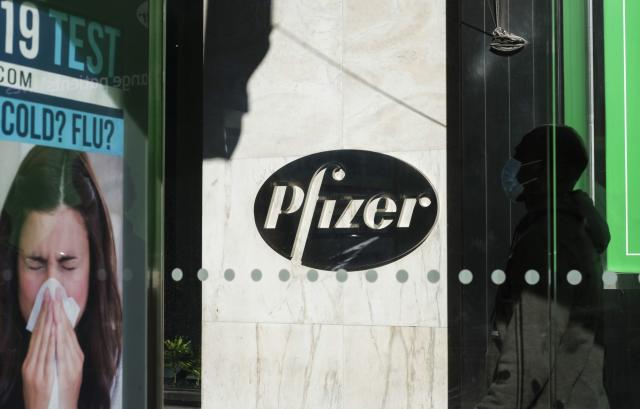
ABOUT THE PUBLIC CHARGE RULE
By Nicole Melaku and Mayra Gonzales / The Center for Health Progress
Haga click aquí para leer la versión en español
This is a time of fear for many in the immigrant community. Last month’s ruling from the Supreme Court on January 27, 2020 has created a flurry of new questions for immigrants in communities across the state. The new measures of the Department of Homeland Security “Public Charge” rule go into effect February 24, 2020 and many community members want to know how this new rule will apply to them.
Here’s what the community needs to know right now. Public Charge is a criteria that immigration officers have used for decades to determine if an individual will be dependent on federal or state cash assistance once they are a green card holder. The ruling would allow immigration officers greater discretion over which applicants are inadmissible- meaning their green card applications would be denied based on the new rule.
As the new rules are implemented advocates, health care providers, and other stakeholders will work diligently to ensure that families remain enrolled in vital services and encourage those that need legal advice on their individual I-130 case to seek support from an immigration attorney.
Who does public charge apply to?
The rule only applies to those applying for a green card through a U.S. Citizen or green card holder or I-130 application.
- Public charge does not apply to all immigrants.
- The Public Charge rule does not apply to refugees, asylees, U visa and T Visa holders.
- Federal cash assistance including TANF, SSI would be grounds for inadmissibility. The list has been expanded to include federally funded Medicaid and Section 8 Housing assistance. The new rule includes state and local cash assistance programs.
- Public charge allows immigration officers to consider other factors such as household size, education level, health history and age as factors for inadmissibility.
- If you are unsure if this rule applies to you, please seek legal advice from an immigration attorney.
What’s not included in the new ruling?
- WIC, CHIP, CHP+.
- School Lunch assistance programs.
- Energy assistance programs, such as LiHEAP.
- Does not apply to children (under age 21), who have used Medicaid.
- Does not apply to pregnant women (up to 60 days).
- Does not apply to individuals who have used Emergency Medicaid.
- The rule does not take into consideration family members who have used cash assistance or public benefits.
- The rule does not apply to green card holders petitioning for citizenship.






otras noticias
An Immigration Plan for the New Administration
Yadira Caraveo Accepts Defeat in Colorado’s 8th District
Gabe Evans Virtual Winner in Colorado’s 8th District